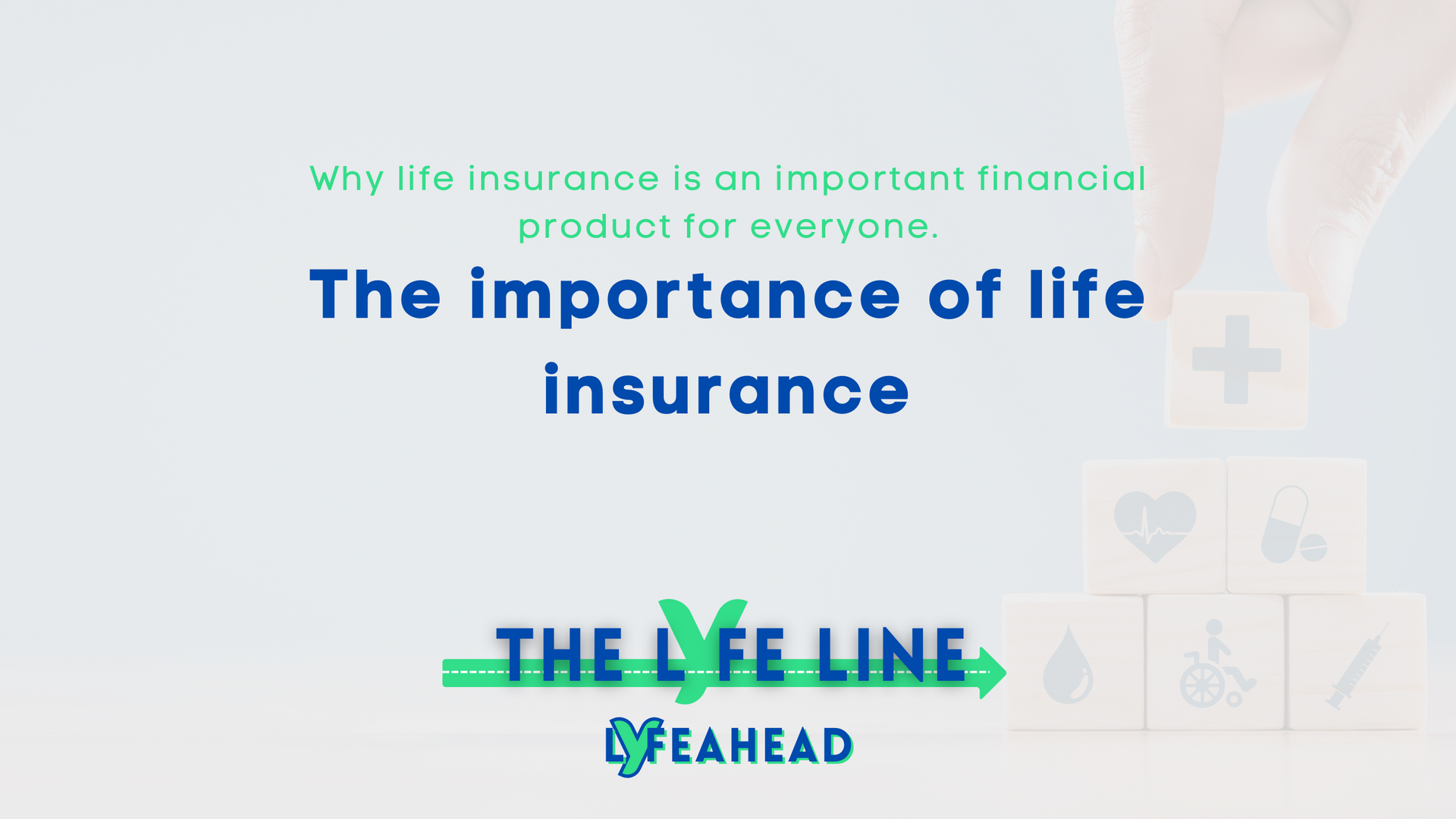Life Insurnace Assistance with LYFEAHEAD
Bridging the gap between life's uncertainties and your peace of mind, LYFEAHEAD Life Insurance is designed to secure your future and that of your loved ones. We simplify the complex maze of life insurance options, helping you understand and select plans that best fit your needs and lifestyle. From providing financial security for your family to ensuring the continuity of your business, our life insurance solutions cover a broad spectrum of needs. With LYFEAHEAD, you're not just buying a policy, you're investing in a secure, worry-free future.
An Overview of Life Insurance Options
Term Life Insurance
This type of life insurance provides coverage at a fixed rate of payments for a limited period of time. Should something happen to you during this term, your beneficiaries receive the policy death benefit. Ideal for those seeking high coverage at affordable rates.
Whole Life Insurance
Whole life insurance provides lifelong coverage and accumulates cash value over time. With guaranteed benefits and premiums, it's an excellent tool for long-term financial planning. It offers the assurance of leaving a legacy for your loved ones.
Universal Life Insurance
Offering flexible premiums and benefits, universal life insurance allows you to adjust your coverage as your needs evolve. It also includes a cash value component which can grow over time, providing you with a versatile financial resource.
Variable Life Insurance
With variable life insurance, your policy's cash value is invested in a range of options, offering potential for significant growth. It provides lifelong coverage and the possibility of accumulating wealth, adding an investment component to your life insurance.
With family life insurance, your kids can afford college tuition. That's taking care of their future.
Discover Your Perfect Life Insurance Plan
Our comprehensive Life Insurance Questionnaire is designed to understand your unique needs and circumstances. Upon completion, we provide tailored recommendations to help secure the future you envision.
Begin your journey towards peace of mind today with LYFEAHEAD.
Frequently Asked Questions about Life Insurance
Our FAQs aim to clarify your queries regarding life insurance, helping you make informed decisions. If you don't find your question here, feel free to reach out to us.
At LYFEAHEAD, we're committed to guiding you every step of the way.
-
Why do I need life insurance?
Life insurance can provide financial security and peace of mind for your family or dependents if you were to pass away. It can cover funeral costs, help pay off debts, cover living expenses, provide a nest egg for your dependents, or secure a college education for your children.
-
What types of life insurance does LYFEAHEAD assist with?
LYFEAHEAD assists with a variety of life insurance plans to suit different needs and budgets. These include Term Life Insurance, Whole Life Insurance, Universal Life Insurance, and Final Expense Insurance. Each type of insurance has its unique features and benefits, which we can help you navigate to find the best fit.
-
How much life insurance do I need?
The amount of life insurance you need depends on various factors such as your financial obligations, your income, your age, your family's needs, and your long-term financial goals. At LYFEAHEAD, our experts will work with you to understand your situation and recommend the right amount of coverage.
-
What is the difference between term and whole life insurance?
Term life insurance provides coverage for a specific period, or term, typically ranging from 10 to 30 years. If the policyholder passes away during the term, the death benefit is paid out to beneficiaries. Whole life insurance, on the other hand, provides lifelong coverage and includes a cash value component that grows over time. The policy pays a death benefit and also has a savings element where the cash value can accumulate.
-
How does LYFEAHEAD help me choose the right life insurance?
At LYFEAHEAD, we simplify the complex process of choosing life insurance. We start by understanding your needs, lifestyle, and financial goals. Then, we guide you through your options, explaining the pros and cons of each, so you can make an informed decision. We're committed to helping you find a plan that offers the best protection at a price you can afford.
-
Can I adjust my life insurance plan later?
Yes, depending on the type of plan you choose, you may be able to adjust your coverage amount or premium payments. Our team at LYFEAHEAD can assist you with these changes when your needs or financial situation evolve.
-
I have a medical condition. Can I still get life insurance?
Yes, having a medical condition doesn't necessarily mean you can't get life insurance. While it might affect your premiums or the type of policy you can get, there are options available. Our team at LYFEAHEAD can guide you through this process to find a suitable solution.
-
Can I get life insurance if I smoke or have other lifestyle risk factors?
Yes, but it's important to note that lifestyle factors such as smoking, alcohol consumption, high-risk hobbies, and obesity can influence your premiums. Insurers assess these and other health risks to determine your premium rate. While smokers can get life insurance, they may pay higher premiums than non-smokers. It's always crucial to be honest about your health and lifestyle when applying for life insurance.
Life Insurance guides and tips





Start feeling at ease.
Join us today.
Join LYFEAHEAD Insurance to put yourself and your family in a financially safe place now, and in the future.
Insurance
Company
All Rights Reserved | LYFEAHEAD Insurance, LLC


